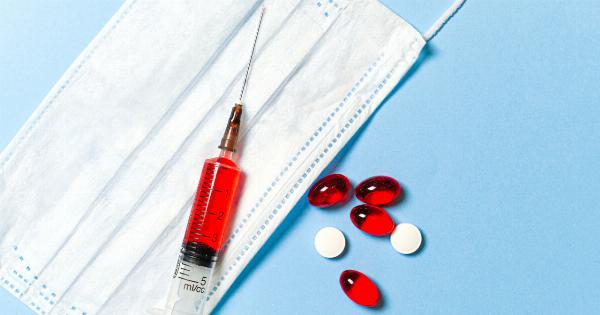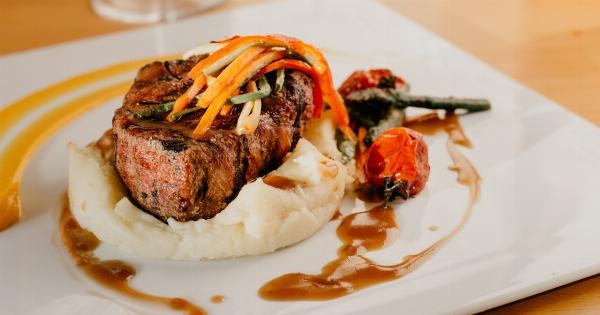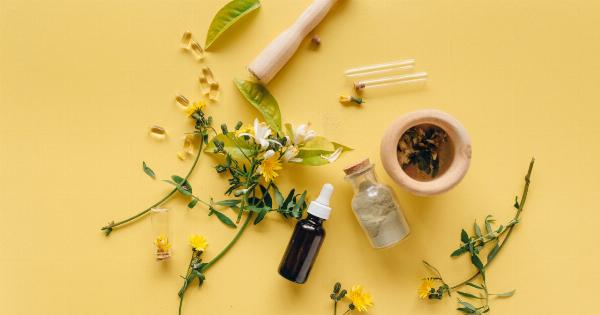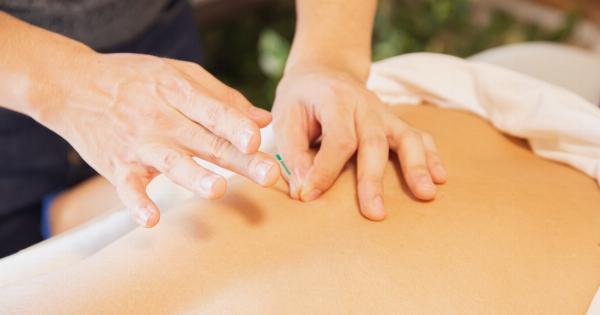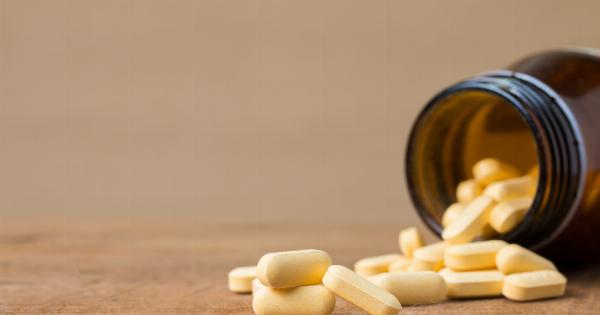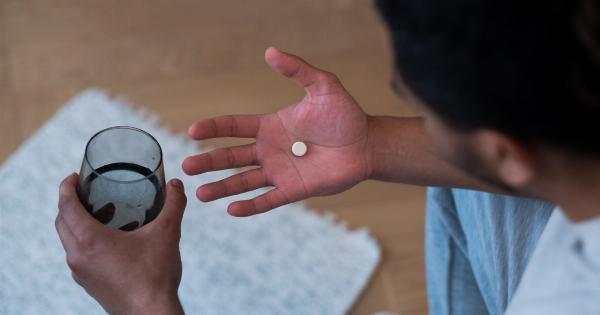Hangovers are a familiar battle for anyone who has indulged in excessive alcohol consumption. The morning-after symptoms can range from a pounding headache to nausea, fatigue, and even anxiety.
As a result, people have developed numerous myths and misconceptions about hangovers and how to deal with them. In this article, we will debunk some of the most common hangover myths that have persisted over the years, providing you with the actual truth behind these claims.
Myth 1: Hangovers Only Happen if You Drink Heavily
One of the most prevalent myths about hangovers is that they only occur after a night of heavy drinking.
While it’s true that consuming excessive amounts of alcohol increases the likelihood and severity of a hangover, even moderate drinking can lead to a hangover. Hangovers are primarily caused by the toxic byproducts alcohol produces in your body, regardless of the quantity consumed. Therefore, even a few cocktails can result in a less intense, but still unpleasant, morning-after experience.
Myth 2: Mixing Different Types of Alcohol Causes Worse Hangovers
We’ve all heard the warning that mixing different types of alcohol will result in a more severe hangover. However, this claim is simply a myth.
The truth of the matter is that it’s the overall amount of alcohol consumed that primarily determines the intensity of a hangover. While mixing different alcoholic beverages can potentially result in an upset stomach or faster intoxication, it doesn’t directly contribute to a worse hangover.
The key factor to consider is the total alcohol content, regardless of the individual types consumed.
Myth 3: Hangovers Are Only Caused by Low-Quality Alcohol
Many people believe that drinking cheap or low-quality alcohol is the main cause of hangovers. However, the truth is that the quality of alcohol you consume has little to do with whether or not you’ll experience a hangover.
Hangovers are primarily caused by the alcohol itself, as it dehydrates your body and produces toxic byproducts during metabolism. While some high-quality spirits may have fewer impurities, they still contain alcohol, which is the root cause of the hangover experience.
Myth 4: Drinking Coffee Helps Cure Hangovers
One commonly suggested hangover remedy is having a cup of strong coffee to alleviate the symptoms. While coffee may provide a temporary energy boost and help you feel more alert, it does little to actually cure a hangover.
In fact, coffee can exacerbate dehydration as it acts as a diuretic, promoting increased urine production. Drinking water or rehydration solutions is far more effective in combating the dehydration caused by alcohol, as it replenishes the lost fluids in your body.
Myth 5: Greasy Foods Can Prevent or Cure Hangovers
Many people turn to greasy, fatty foods as a hangover prevention measure or remedy. The belief is that these foods coat the stomach and slow down alcohol absorption, thereby reducing the likelihood and severity of a hangover.
However, there is no scientific evidence to support this claim. While eating a substantial meal before drinking may slow down alcohol absorption, greasy foods consumed after drinking do not have any significant impact on how your body metabolizes alcohol.
Opting for a balanced meal or snacks and focusing on rehydration is a more effective way to deal with hangovers.
Myth 6: Hangovers Can Be Cured by Hair of the Dog
The hair of the dog is the belief that consuming more alcohol the morning after will alleviate hangover symptoms.
This myth suggests that by providing a small amount of alcohol to your body, you can relieve the withdrawal symptoms and delay the onset of a hangover. However, this approach is neither effective nor healthy. It only prolongs the inevitable and can lead to a dependency on alcohol as a quick fix for hangover relief. The best approach is to allow your body time to recover and heal naturally.
Myth 7: Over-the-Counter Painkillers Are a Hangover Miracle
Many people reach for over-the-counter painkillers such as aspirin or ibuprofen to alleviate the pounding headache often associated with hangovers. While these medications may provide temporary relief, they are not a magic cure for hangovers.
In fact, combining alcohol with certain painkillers may increase the risk of liver damage and other adverse effects. It’s important to understand the risks and potential interactions before taking any medications, and it’s always best to consult a healthcare professional if you have concerns about your symptoms.
Myth 8: The Clearer the Alcohol, the Fewer Symptoms
Another common myth suggests that clear alcoholic beverages such as vodka or gin cause fewer hangover symptoms compared to darker drinks like whiskey or red wine. However, the color of the alcohol has no direct impact on the severity of a hangover.
What matters most is the alcohol content and how your body metabolizes it. The congeners present in some dark liquors may contribute to worse hangovers, but this is not solely determined by the color of the drink. Moderation in consumption is still the key to avoiding severe hangovers.
Myth 9: Hangovers Can Be Sweated Out
Some people believe that exercising or sweating out a hangover can help alleviate the symptoms. While physical activity and sweating can be beneficial for overall well-being, it does not speed up the elimination of alcohol or toxins from your body.
In fact, exercising while dehydrated can further exacerbate dehydration, making your hangover symptoms worse. It’s important to prioritize rehydration and rest instead of intense exercise when dealing with a hangover.
Myth 10: Only Time Can Cure a Hangover
Perhaps the most truthful myth on this list is that only time can truly cure a hangover.
While there are various remedies and strategies that can help alleviate individual symptoms, the ultimate healing process relies on giving your body the time it needs to recover naturally. Drinking water, getting adequate rest, and opting for nutrient-rich foods can support your body’s recovery.
It’s important to remember that a hangover is a sign that your body needs time to recuperate, and pushing it further can delay the healing process.


